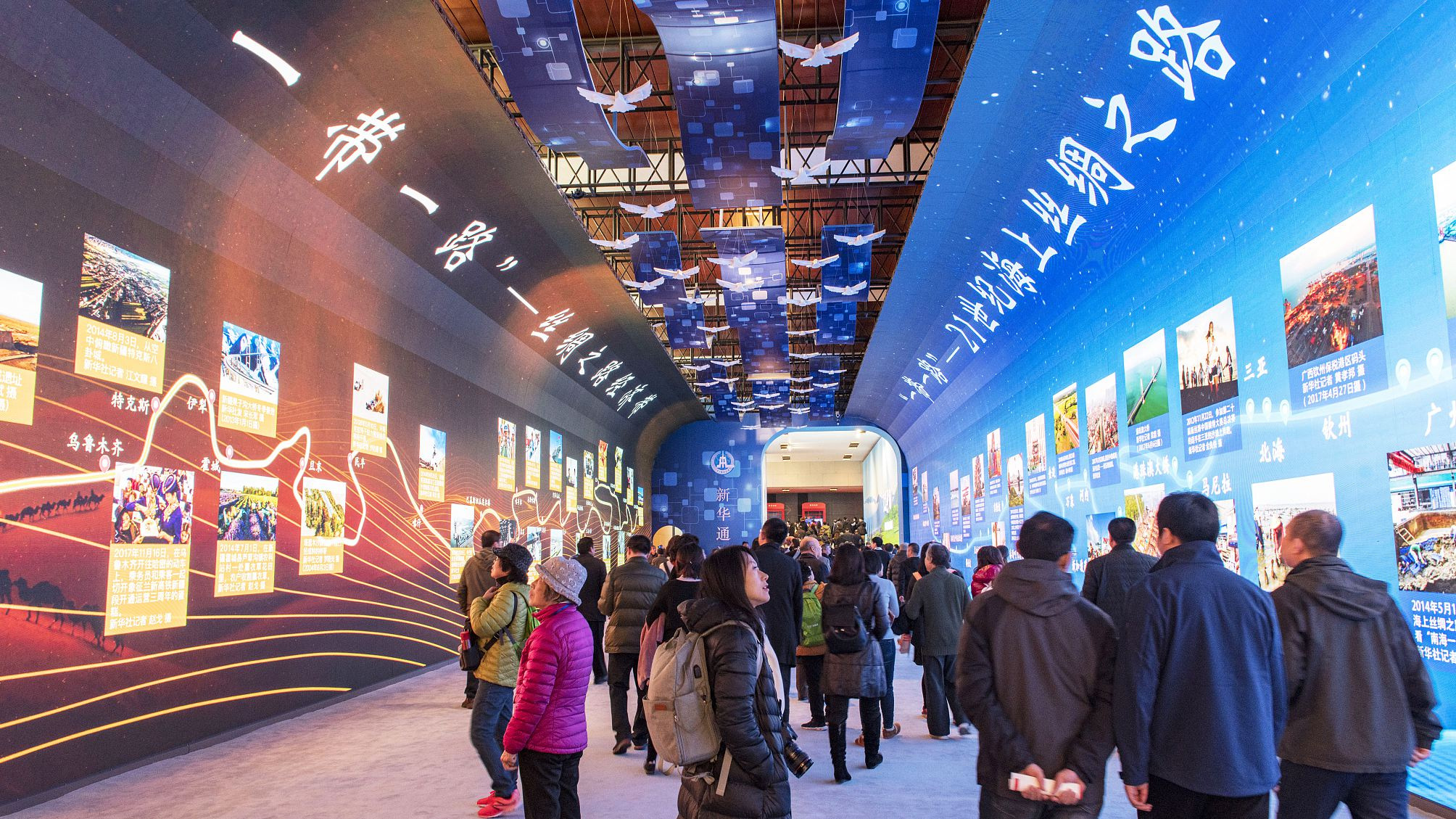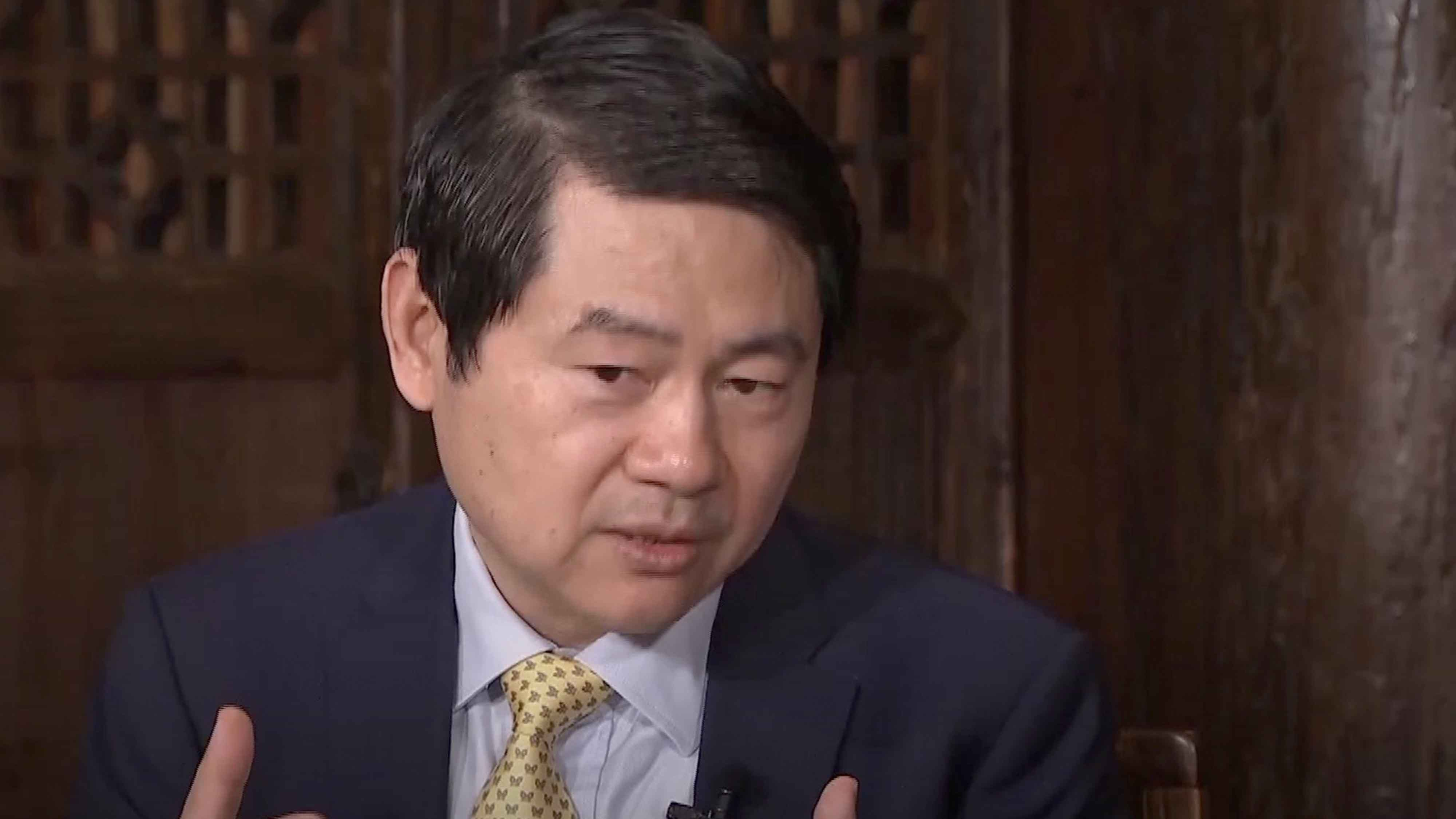
Opinions
11:32, 24-Nov-2018
Opinion: How China and the West differ in soft power play?
Updated
10:58, 27-Nov-2018
CGTN's Byron Tseng, Wang Haidi
00:40

Soft power comes in many forms. While the U.S. boasts Hollywood and world-class universities, China is catching up with the Belt and Road Initiative. However, soft economic power still lacks the appeal of mass media.
Hong Kong-based film critic Sam Ho says: “America is the best soft power country. They promoted the goodness of their country. But I realized that soft power can backfire on a country. When you promote your goodness all the time and then people see another side of you, people feel cheated. Soft power needs to be done with sincerity.”
U.S. aid comes in many forms like the Peace Corps and USAID. But Wang Huiyao, founder and president of the Center for China and Globalization, analyzes the sincerity of U.S. aid.
“After World War II, the U.S. initiated the Marshall plan. The BRI is purely to connect the world. There has been no major impetus to spur global development in 50 years,” says Wang.
00:40

While the Marshall plan was clearly a political maneuver by the U.S. against the Soviet Union, Wang likens the China-led BRI to an “angel investor.”
Ho adds: “China is upfront about building relationships with developing countries, unlike the West who only helps in the name of helping.”
Wang quotes the late Chinese leader Deng Xiaoping to explain how China bucks the trend: “China's path is a little different. But it doesn't matter if the cat is black or white as long as it can catch mice. If China can lift 800 million people out of poverty and contribute to the prosperity of the world, let's give them some time.”
China's ability to prosper and serve as a model for other developing nations can be seen as a soft power quality in itself.
"40 years with Laurence Brahm: A marathon of experiences and ideas" is a special CGTN program on China's reform and opening-up. The 10-episode series explores many sides to reform and opening-up over the years and offers a unique perspective on the seismic shifts that have rippled through China's economy, policies, and social fabric. The program is live-streamed at cgtn.com every day from November 15 to 24.
(If you want to contribute and have specific expertise, contact us at opinions@cgtn.com.)

SITEMAP
Copyright © 2018 CGTN. Beijing ICP prepared NO.16065310-3
Copyright © 2018 CGTN. Beijing ICP prepared NO.16065310-3